Valmet Automotive produces plenty of eye-catching, cutting-edge products at its European plants. In addition to conventionally powered vehicles, the car plant in Uusikaupunki produces plug-in hybrid Mercedes-Benz cars.
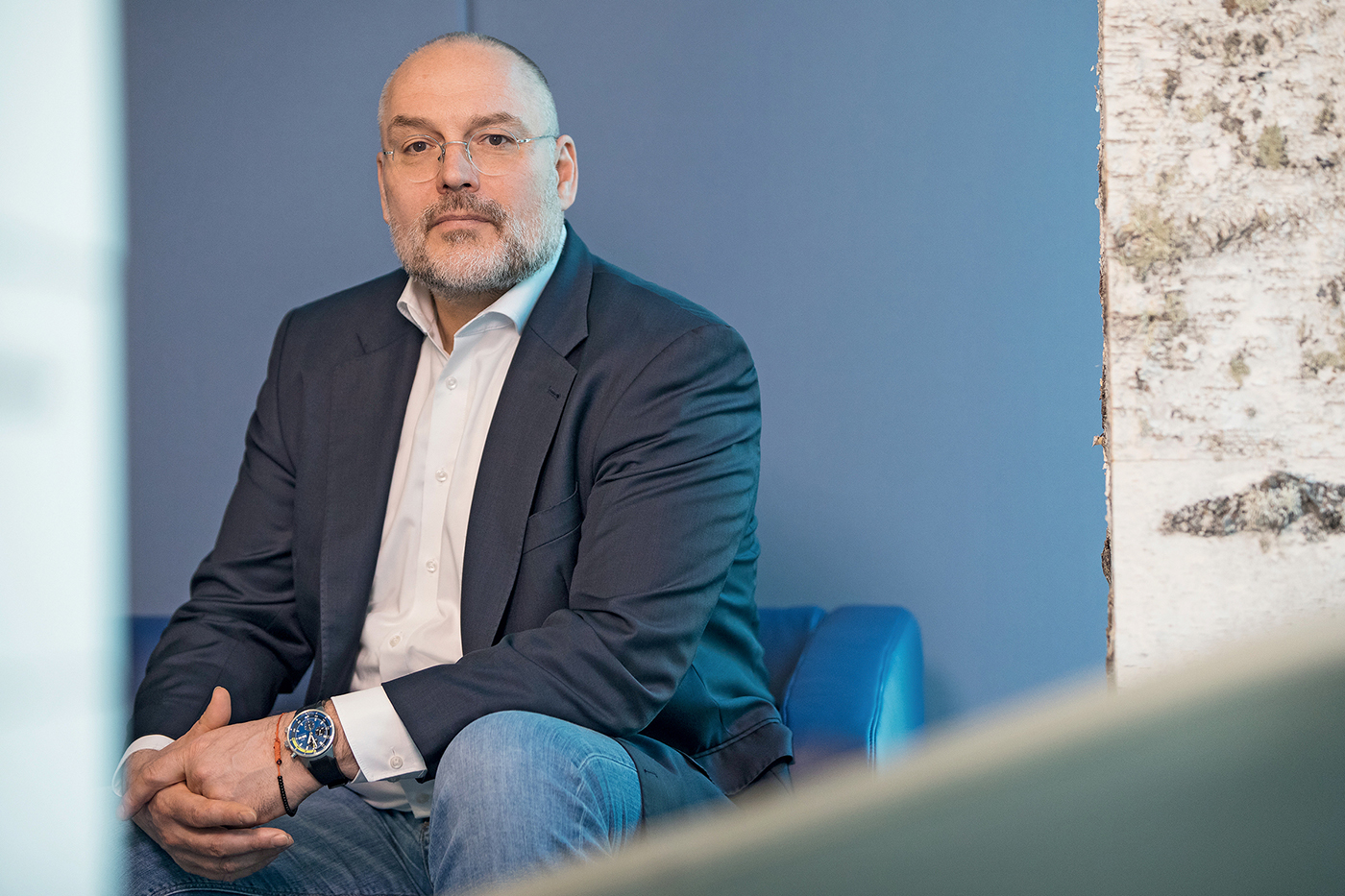
Its high-tech convertible roofs and car spoiler systems, which automatically adjust to reduce drag and cut energy consumption, are used by leading manufacturers such as Audi, Bentley, BMW, McLaren and Porsche.
And the company’s array of electric vehicle battery systems are at the forefront of the car industry’s push to leave fossil fuels behind. For CEO Olaf Bongwald, who is an avid car collector, leading the company is a dream come true.
What he finds most striking about Valmet Automotive’s offerings, though, is not a physical product but the company’s ability to react to customers’ changing demands with lightning speed.
“I think the most impressive product we have is our flexibility,” Olaf reflects. “Our product really is the way we deal with the customer – the way we can react very, very flexibly to all kinds of different demands, helping them out very, very quickly.”
With decades of experience in the automotive industry in Canada and the US, Olaf is no stranger to having to react quickly and expertly to changing customer needs. But he says the speed with which that happens at Valmet Automotive is unparalleled, and the customers agree.
“In the past two to three years, these kinds of demands came so often that we were able to master all of these challenges in record time,” Olaf says.
It’s not a trend anymore. This is something that we can’t stop, and this is something that will now go on until almost every car is electrified in some way.
“We hear from our customers that we are setting world records all the time with regards to reacting to their sometimes crazy demands.”
Always rethinking
Valmet Automotive, founded in 1968, has over the past year finished a decisive transition from a traditional car manufacturer to one with a strong focus on electric vehicles. It is now a leading system supplier for electric mobility and is positioned for an inevitable and permanent shift away from combustion engines in the coming years.
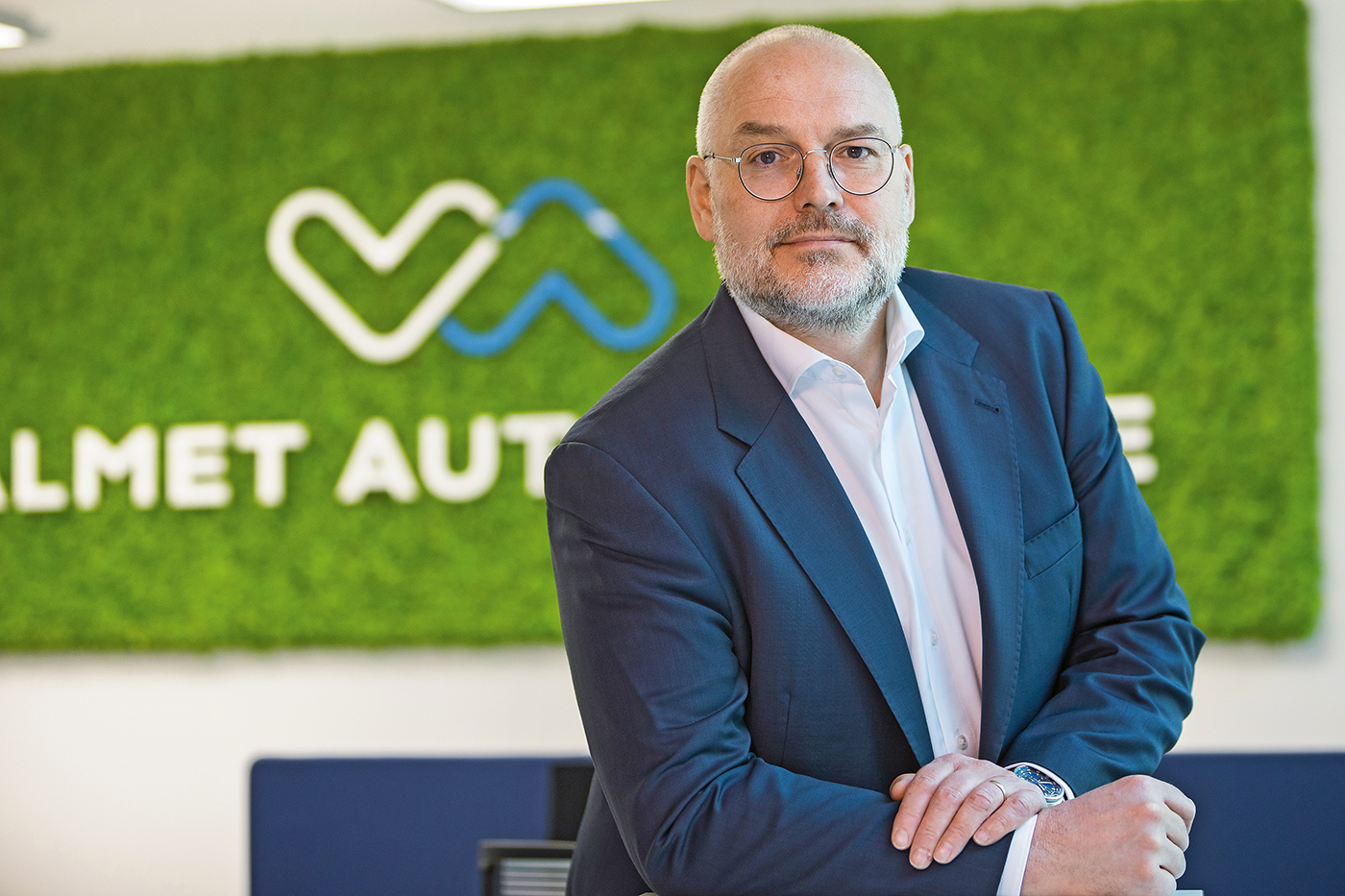
The firm’s record-breaking agility helped it not just survive but also thrive last year as the COVID-19 pandemic ravaged industries across the world. The Uusikaupunki plant was closed for six weeks from April until mid-May, with other production sites across Europe also suffering weeks-long closures.
“But we were able to cope with that very well,” Olaf shares. “The team did a wonderful job. We were able to work remotely all the time, which we’d never done before.” The result was that in 2020, the company still had a decent financial year and was even able to meet or beat the targets it had set before the pandemic started.
“At the end of the day, we delivered what we had promised, although we didn’t know when we made the promise that the pandemic would come,” he admits.
“We have these daily challenges, of course, and we always need to rethink how we want to get there, but we always get where we want to be.”
The factory at Uusikaupunki, where Mercedes-Benz cars are made, will soon allow Valmet Automotive to do something none of its competitors have done: produce both the cars and the battery systems that power them within the same place.
For customers looking to reduce their carbon footprint and comply with ever-tighter environmental laws, this will be a huge advantage for the company.
Cutting emissions
“The car companies are confronted with these CO₂ emission targets as well as the need to develop green mobility,” Olaf explains. “Our product needs to be produced CO₂ neutral, so if we are now able to produce the battery in-house and not have them delivered over hundreds of kilometres from somewhere, that is a competitive advantage.
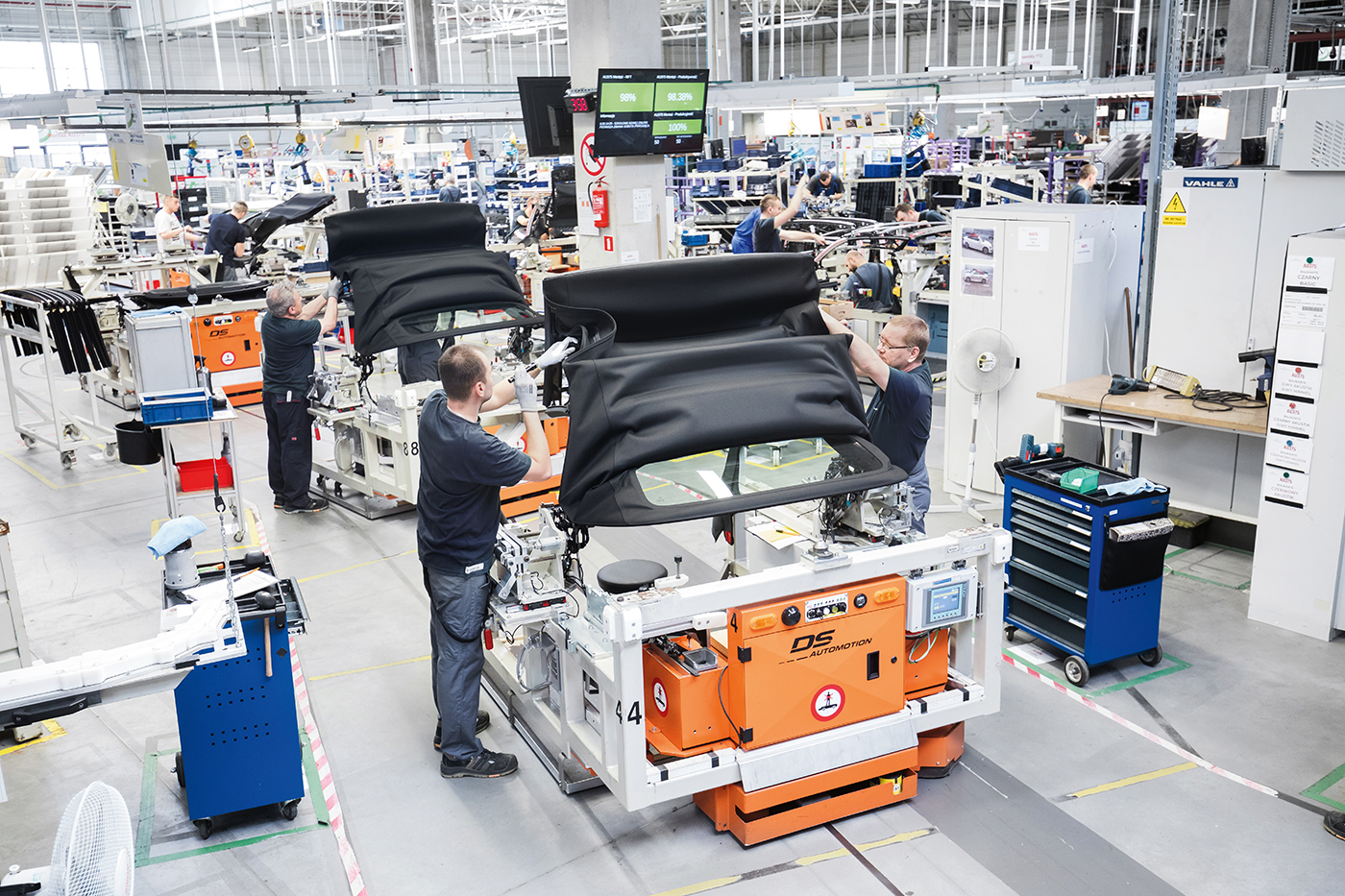
We will now also be able to reduce the CO₂ emissions in the supply chain tremendously.” The biggest investment the company is making now is in strengthening its position as a Tier-1 system supplier of electric vehicle batteries to OEMs.
“The plan is to have the EV business line at least as strong as the manufacturing, if not even stronger,” Olaf says. Besides the investment at the Uusikaupunki plant, Valmet Automotive is also producing batteries at a factory in Salo, Finland, where Nokia phones used to be produced.
And last year, a new battery testing centre in Weihenbronn, Germany went operational. “We also have an additional plant coming in 2022 in Germany because we got awarded a contract from a bigger customer for a battery pack, which we are developing and will be producing in Germany,” Olaf adds.
Journey to €3 billion in gross sales
Over the next five years, Valmet Automotive is aiming to grow from €2.4 billion in annual gross sales revenue (including non-directed materials) to more than €3 billion. The move into electric vehicles is one of the vital ways it plans to get there.
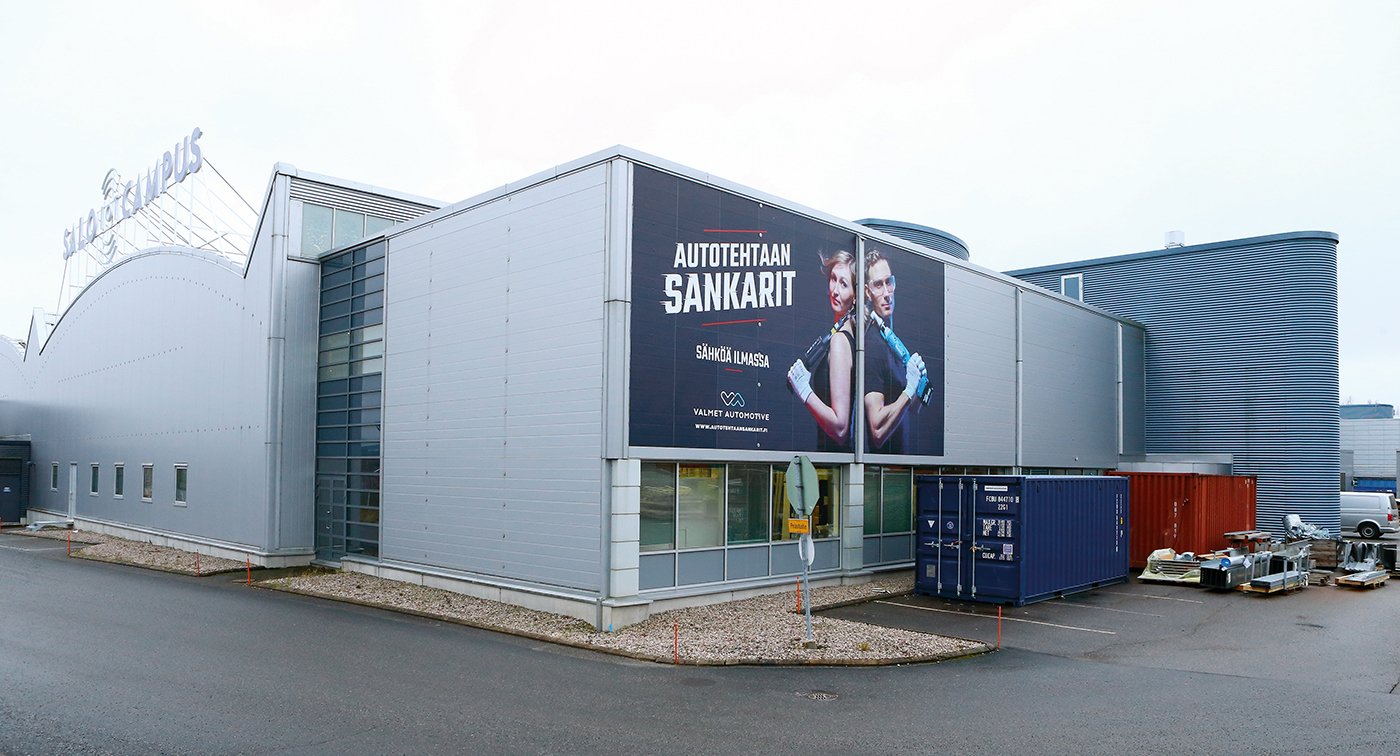
It is part of a broader shift in the company’s strategy from a previous dependence on its manufacturing business line to being more diverse and more able to weather downturns. “Vehicle production and roof and kinematic systems have been two strong pillars of our business over years and decades. But that was not enough for us,” Olaf concedes.
“So we established the EV Business Line as our third strong pillar in 2017. This business line has the biggest growth potential. Nowadays, in all of our three business lines we are dedicated to e-mobility.
This is even true for our roof and kinematic systems business: here, too, we expect the highest growth momentum to come from active spoiler systems and aero-efficient solutions to support the driving range of electrically powered vehicles.”
Valmet Automotive is now making spoiler systems that adjust to the driving environment. The spoiler may disappear entirely in an urban setting, or move to an angle that maximises energy efficiency. On highways, the spoilers can adjust to reduce drag to offer the lowest energy consumption or can be made to bring more pressure upon the car to increase agility.
Because it is pursuing ambitious growth in an area that is set to fundamentally change the automotive industry, Olaf has positioned the company to be future-ready. All of its products and processes are now equipped for a market where cars are powered entirely by batteries or hybrid engines.
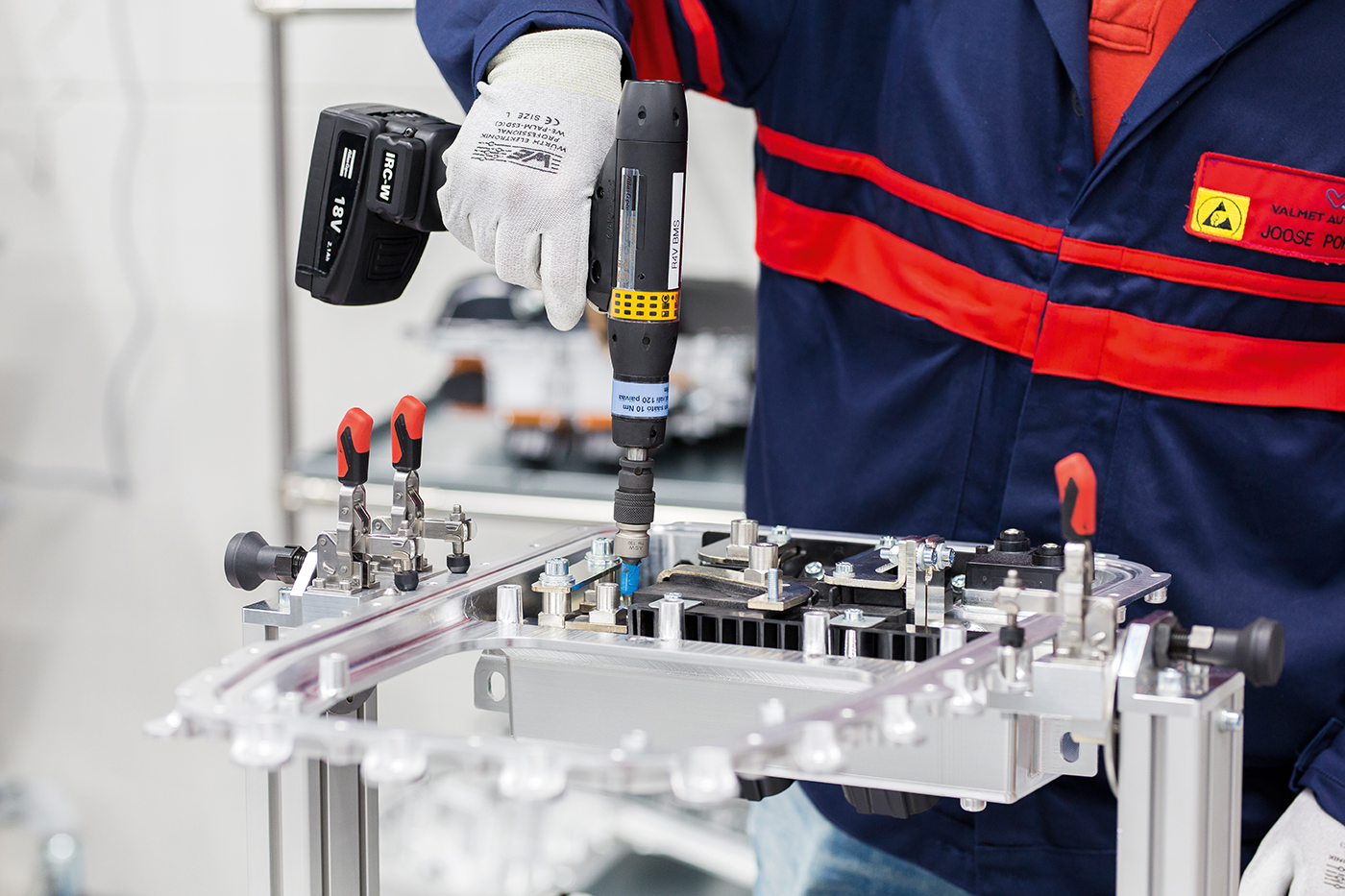
Late last year, the company sold its Engineering Services business, completing its transition away from vehicle services centred on the combustion engine. “This was a very, very important step for us; we can now make sure that all the money we are spending is future-oriented and not on an old, mature legacy business,” Olaf says.
“Now, the manufacturing business line produces all kinds of vehicles. It doesn’t matter if they are battery electric vehicles or if they are hybrid vehicles, or if they are combustion engine vehicles.” The shift to electric cars has already reached a major turning point, he adds.
“It’s not a trend anymore. This is something that we can’t stop, and this is something that will now go on until almost every car is electrified in some way. There’s no way back.”


